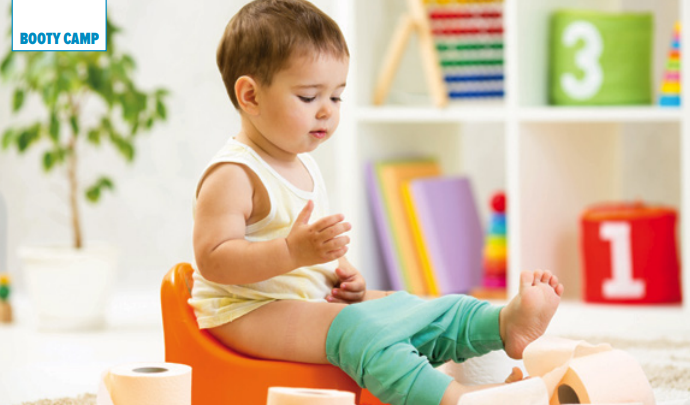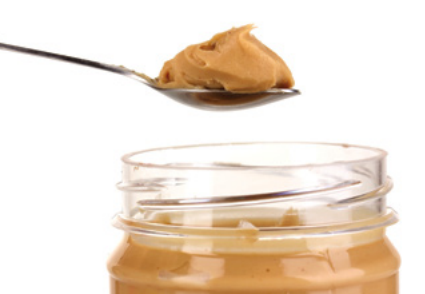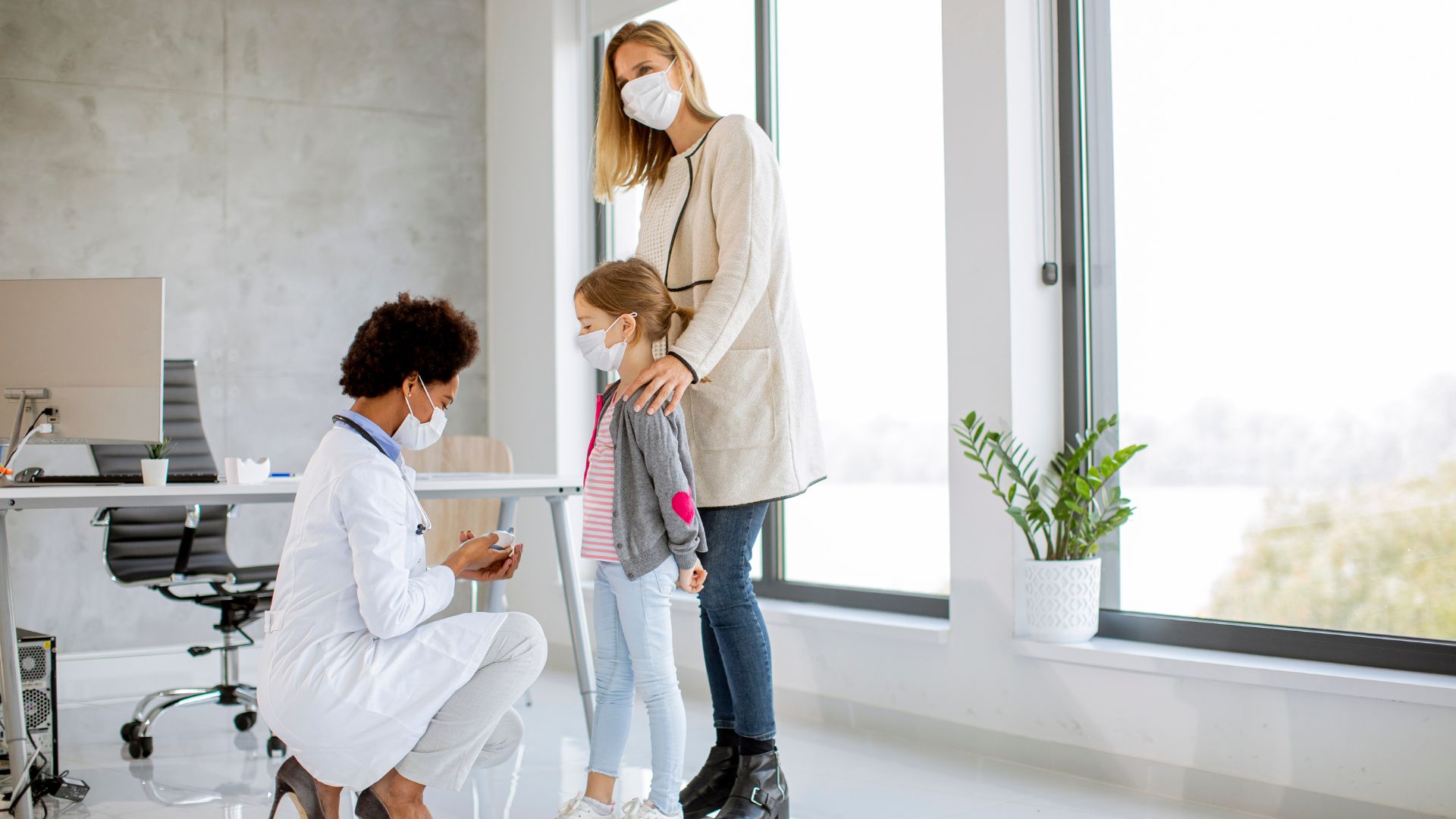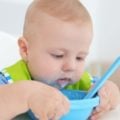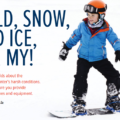Q: Dear Dr. Gustafson: I am writing because we are really struggling with our daughter’s potty training for pooping.
I started to train her when she turned 2. It took her just about a week to pee in the potty. However, she’s still having trouble pooping in the potty.
I know it generally takes long for No. 2, but we need to get her fully trained soon since the daycare requires us to do it.
She does know the benefits of pooping in the potty and did succeed several times in the last couple weeks. We gave her big awards for doing it and our family members all gave her a big thumbs-up.
Because we gave her lots of fresh vegetables and fruits, her poop isn’t hard.
The real problem now is that she has trouble doing it, and — even after 30 minutes to 1 hour later — she still can’t.
She also doesn’t poop in diapers any more because she knows big girls use the potty. As a result, she holds it for 3 to 5 days until her belly hurts.
Last Sunday, we went to the Urgency Room because I was so worried: She didn’t poop for almost five days and she was complaining of belly pains.
The nurse practitioner checked her and said that as long as she wasn’t vomiting or couldn’t eat, there was no medical concern.
She also suggested Miralax. However, we went to several pharmacies and couldn’t find one that has specific instruction for children, so we didn’t buy it. To be consistent for potty training, we aren’t giving her diapers except at night.
I’m wondering if it’s normal for a 2- or 3-year-old to poop every 3 to 5 days. Will that cause a long-term problem?
A: Stooling frequency varies from person to person. Some children can go two or three days without having a bowel movement and not be constipated. And some children can have small bowel movements daily, but still be, to some degree, constipated.
Typically children (and adults) who go three or four days without passing a bowel movement are at higher risk of being constipated. They’re likely to have stools that are hard and compact. Passage of the stool may be associated with pain, either at the rectum or abdomen or both.
Children who become constipated or experience painful passage of stools will likely start to withhold to avoid having regular bowel movements. This can start a frustrating and painful cycle, which can result in worsening constipation.
This can be especially difficult to manage if it’s occurring around the same time as toilet training.
Though, as adults, we most often take going to the bathroom for granted, the process of successfully becoming toilet trained is a very complex process.
Children need to develop body awareness, wherein they can anticipate when the need to void.
Then they need to be able to plan ahead and be able to carry out that plan before having an accident.
There are many differing opinions on how to best toilet train your toddler.
I believe that toilet-training success depends on how your child learns best, which depends on his or her personality, temperament and readiness for toilet training.
Also know that regression is very common around times of major changes, such as moving, birth of a new baby, a major illness or a death in the family.
And as many parents can attest, toilet training is most successful when it’s done when the child is ready to be trained.
This unfortunately may not always be at the same time as when a school wants your child to be trained or when older siblings were trained or when parents wants or expects a child to be trained.
In terms of treating constipation, you should try to add more high-fiber foods into the diet, such as prunes, apricots, plums, beans and broccoli.
You can also add high-fiber whole-grain cereals and bread products.
Some foods can worsen constipation and these should be minimized or avoided until stooling regularity is improved.
These are rice or rice products, bananas, cereals and breads that don’t contain high amounts of whole grains (such as white bread).
Also make sure your child is drinking enough water, as insufficient daily water intake can also worsen constipation.
If dietary changes aren’t enough to help resolve constipation, there are medications that can be used to help symptoms.
Before starting any of these medications, it’s best to discuss your concerns with your pediatrician or child’s health-care provider so he or she can recommend or prescribe the best one.
Also, if you’re feeling overwhelmed, frustrated or have other questions about toilet training your child, your pediatrician can help you determine what might be the best training method and help to make recommendations tailored to your child and family.
Kimara Gustafson is a Minneapolis mother who works as a pediatrician at M Health Fairview Masonic Children’s Hospital and the Adoption Medicine Clinic, both at the at the University of Minnesota.





